 ★★★★
★★★★
“Die Hard in a castle.”
 Well, this was a surprise. I was not expecting too much, this being a movie released straight to Hulu or Disney+ (depending on your territory), and starring someone best known for rom-com franchise, The Kissing Booth. Actually, scratch the “too” from that sentence. I went in on the basis that I was contractually obliged to watch it, as the guy running this site. I say this, so you’ll understand how unexpected it is to be writing this: it’s the best action-heroine film of the year so far. This is just thoroughly entertaining, and as the tag-line above suggests, is as close as I’ve ever seen to a genuine, female version of the greatest action movie of all-time.
Well, this was a surprise. I was not expecting too much, this being a movie released straight to Hulu or Disney+ (depending on your territory), and starring someone best known for rom-com franchise, The Kissing Booth. Actually, scratch the “too” from that sentence. I went in on the basis that I was contractually obliged to watch it, as the guy running this site. I say this, so you’ll understand how unexpected it is to be writing this: it’s the best action-heroine film of the year so far. This is just thoroughly entertaining, and as the tag-line above suggests, is as close as I’ve ever seen to a genuine, female version of the greatest action movie of all-time.
The first half structure though, plays more like The Raid in reverse, the heroine having to fight her way down, floor by floor, from the top of a high tower. It opens with the Princess (King) ‐ and that’s her credited name – waking to find herself in a bed-chamber. She’s being prepared for a marriage she very much does not want to happen. Her father, lacking a son and heir, intended to wed her to Julian (Cooper) for diplomatic purposes. She jilted him at the altar, and he then staged a coup, seizing her family and planning a union by force. What he doesn’t know, is that the Princess had been quietly trained by family retainer Linh (Ngo) in fighting skills, and begins working her way down, to rescue her family and stop Julian. Guess he is going to have to “altar” his wedding plans, hohoho.
It’s the kind of film which will stand or fall on its action sequences, and the good news is, these are the movie’s strongest suit. Kiet had previously worked with Ngo on Furie: that was solid, yet it now appears his imagination was bigger than the resources available to him there. Right from the start, when the Princess takes out the two attendants sent to her chamber, the fight scenes are all inventive, well-executed and assembled in a coherent manner. Now, King is no MMA fighter. However, they’ve constructed a fighting style for her character based on speed and agility, rather than strength and power. Her holding her own against bigger (sometimes, far bigger) opponents feels credible as a result.
 This reaches its height in a glorious, extended sequence, with the Princess battling her way down the tower’s staircase. It feels as if it’s 20 minutes long, such is the energy contained in it. There’s even a beautiful moment of tension releasing humour, part of a running gag involving one of Julian’s minions who is too fat for all the stairs he’s ordered to climb. Nothing thereafter, including the inevitable fight against her wannabe husband, quite reaches the same heights. Glover is good value as Julian, staying just this side of a pantomime villain. As Die Hard shows, having a memorable antagonist is an important element. He’s not quite Alan Rickman – though who is? And I do have to question some of Julian’s decisions.
This reaches its height in a glorious, extended sequence, with the Princess battling her way down the tower’s staircase. It feels as if it’s 20 minutes long, such is the energy contained in it. There’s even a beautiful moment of tension releasing humour, part of a running gag involving one of Julian’s minions who is too fat for all the stairs he’s ordered to climb. Nothing thereafter, including the inevitable fight against her wannabe husband, quite reaches the same heights. Glover is good value as Julian, staying just this side of a pantomime villain. As Die Hard shows, having a memorable antagonist is an important element. He’s not quite Alan Rickman – though who is? And I do have to question some of Julian’s decisions.
I mean, if ever I become an Evil Lord, I will choose a more definitive method of execution for my nemesis than defenestration. And if I did chuck them out a high window, it would be on the side of the building over the cobblestone courtyard, rather than the one facing the water. Though I must give credit where it’s due, for his selection of a sidekick, in whip-wielding bad girl, Moira. Kurylenko has a track record of her own on this site, most recently in Sentinelle, and builds further on that here. On the other hand, the Princess’s father is a totally ineffectual pussy, when faced with the brutality of Julian and his crew. This isn’t necessarily a bad thing though. It makes his daughter’s rebellion feel organic and legitimate, rather than some kind of obvious third-wave feminist statement. I’d rebel in her shoes too.
Speaking of which, my concerns this would end up being some kind of Statement Movie, largely proved unfounded. Indeed, some reviews criticized it for not being progressive enough. [Insert eye-roll] This is largely traditional fairy-story territory, except with a female lead who is capable of rescuing herself, rather than needing a prince to come to her aid. I would say some of the flashback scenes were superfluous, breaking into rather than enhancing the narrative progression. For instance, we know Linh trained the Princess; do we really then need to see it taking place as well? The R-rating, while welcome, seems a little at odds with the atmosphere too, which does feel quite Disney+. If you’re going R, embrace it in all its forms, I’d say. However, these are minor gripes, and this is one Disney princess I’m certainly happy to endorse.
Dir: Le-Van Kiet
Star: Joey King, Dominic Cooper, Olga Kurylenko, Veronica Ngo





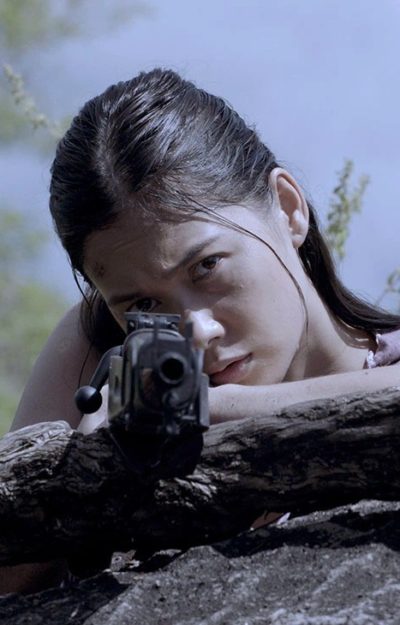
 The heroine here, Mariano (Salvador), has to count as the baddest bitch I’ve seen in quite a long time. In terms of being a sheer, unstoppable force, she’s right up there with Jen from
The heroine here, Mariano (Salvador), has to count as the baddest bitch I’ve seen in quite a long time. In terms of being a sheer, unstoppable force, she’s right up there with Jen from  This was a very pleasant surprise. I wasn’t expecting much from this, especially after seeing Wynorski’s name – let’s be honest, he is best known for bargain basement soft-port. That said, he does occasionally hit one out of the park, such as the sublime Deathstalker II. This is definitely one of his better entries, even if it is, by and large, a low-budget version of Assault on Precinct 13.
This was a very pleasant surprise. I wasn’t expecting much from this, especially after seeing Wynorski’s name – let’s be honest, he is best known for bargain basement soft-port. That said, he does occasionally hit one out of the park, such as the sublime Deathstalker II. This is definitely one of his better entries, even if it is, by and large, a low-budget version of Assault on Precinct 13.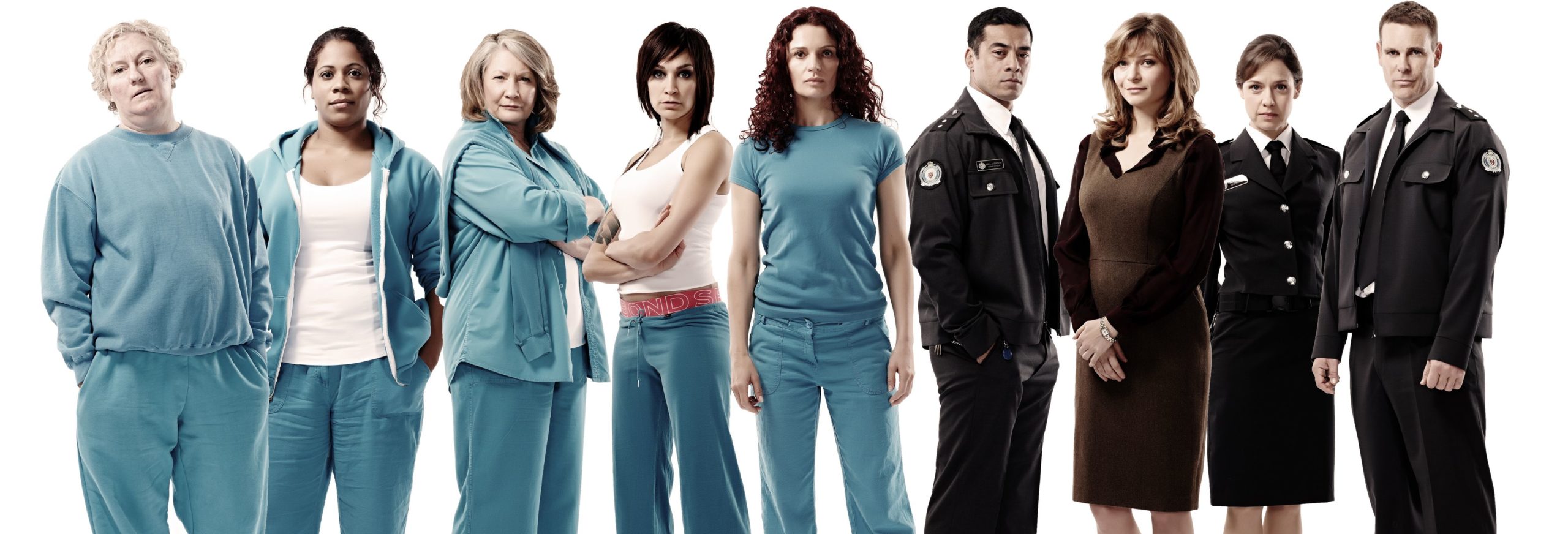 ★★★★
★★★★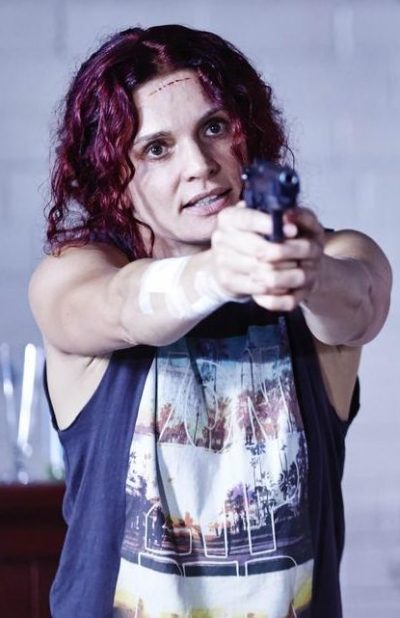 It spawned local remakes in a number of countries. The Dutch was the most successful, running for four seasons, but Belgium, Germany and Turkey also took the show and recreated it. [Here is as good a place as any to mention that back in 1982, there was a male spin-off of the original show called Punishment. Though it lasted only one season, the cast included some guy called Mel Gibson…] Indeed, the Turkish one, known on Netflix as The Yard, was
It spawned local remakes in a number of countries. The Dutch was the most successful, running for four seasons, but Belgium, Germany and Turkey also took the show and recreated it. [Here is as good a place as any to mention that back in 1982, there was a male spin-off of the original show called Punishment. Though it lasted only one season, the cast included some guy called Mel Gibson…] Indeed, the Turkish one, known on Netflix as The Yard, was 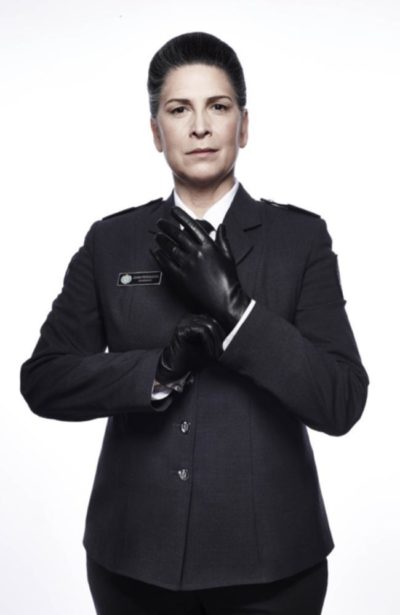 One such was the character mentioned above: Joan Ferguson (Rabe), known as ‘The Freak’ (left). She joined the show as the new governor of Wentworth in season 2, and was, to be blunt, a clinical psychopath, devoid of empathy and incredibly manipulative. She was also very smart, a lethal combination. However, it’s not enough to save her from ending up a prisoner in the jail herself. The first episode of season 5, where Ferguson is released into the general population was, for me, peak Wentworth, and one of the best 45 minutes of television I’ve seen, in any genre.
One such was the character mentioned above: Joan Ferguson (Rabe), known as ‘The Freak’ (left). She joined the show as the new governor of Wentworth in season 2, and was, to be blunt, a clinical psychopath, devoid of empathy and incredibly manipulative. She was also very smart, a lethal combination. However, it’s not enough to save her from ending up a prisoner in the jail herself. The first episode of season 5, where Ferguson is released into the general population was, for me, peak Wentworth, and one of the best 45 minutes of television I’ve seen, in any genre.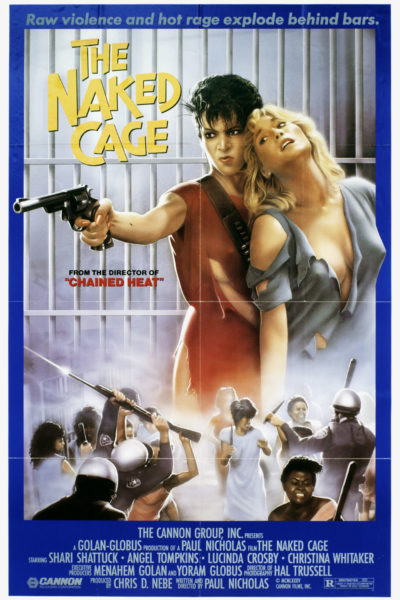
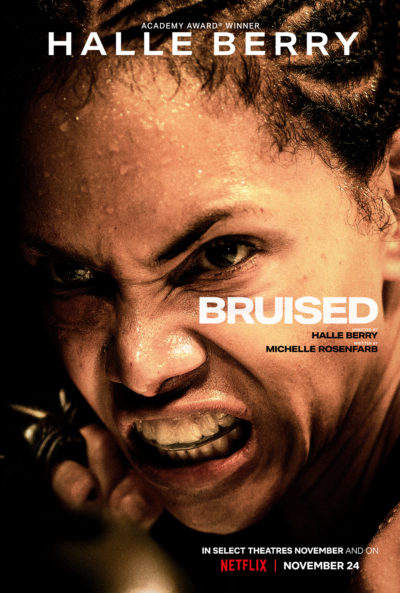 Halle Berry was born the same year I was. There is, however, just one of us that is capable of convincingly playing the role of a mixed martial artist. To give you another yardstick, the lead in this was originally going to go to Mrs. Ryan Reynolds, Blake Lively (
Halle Berry was born the same year I was. There is, however, just one of us that is capable of convincingly playing the role of a mixed martial artist. To give you another yardstick, the lead in this was originally going to go to Mrs. Ryan Reynolds, Blake Lively (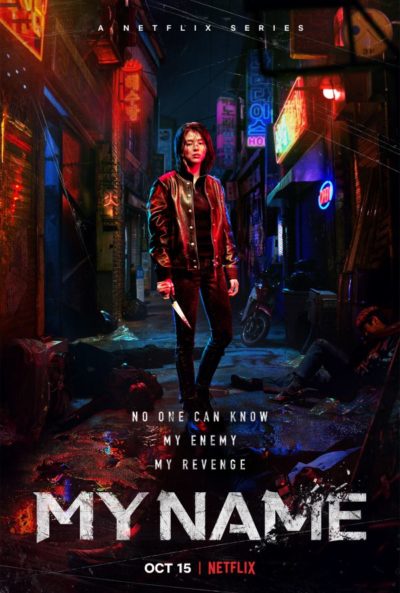
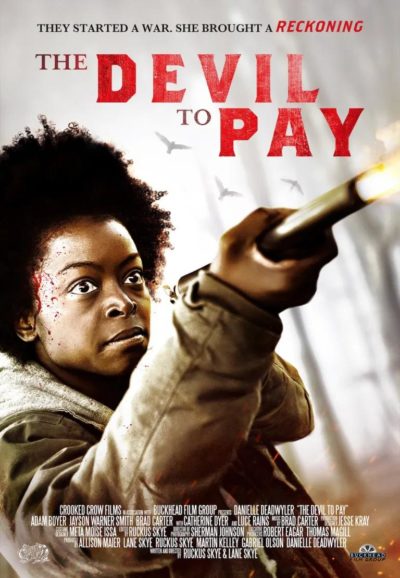
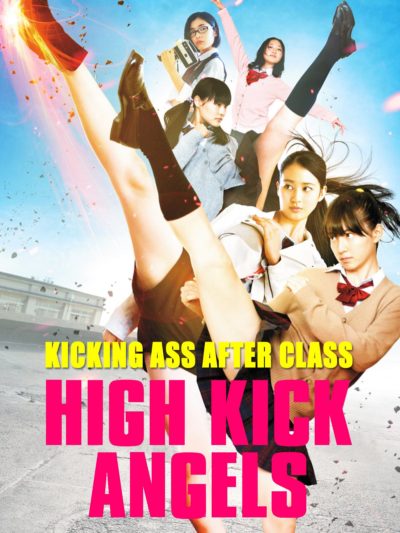
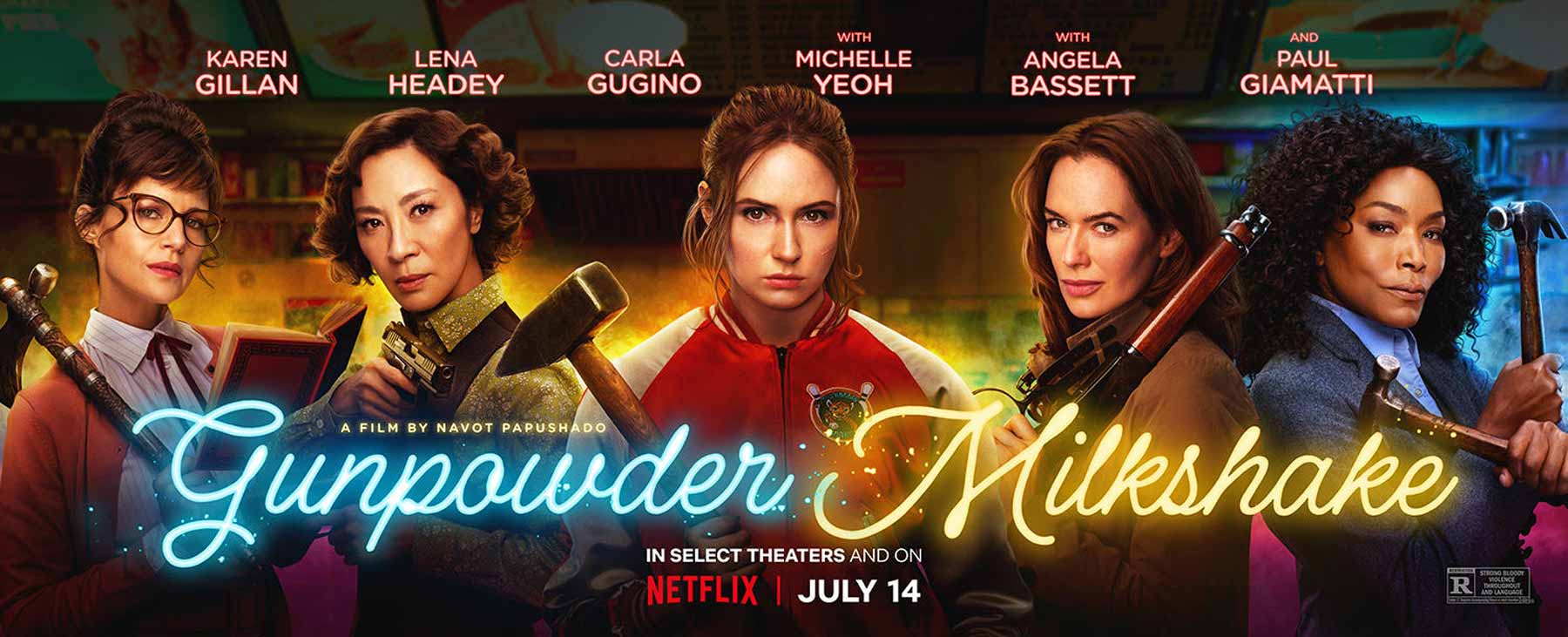 ★★★★
★★★★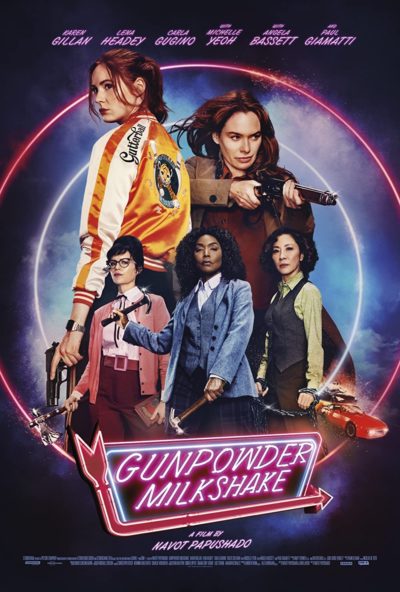 Said protagonist is Sam (Gillan), a killer with abandonment issues ever since her mom (Lena Headey) walked out on her, fifteen years earlier. Sam is tasked by her employer, Nathan (Giamatti), with recovering a haul of stolen cash. But she finds the thief was coerced into action, after his eight-year-old daughter (“8¾!”, as we are reminded on several occasions), Emily, was kidnapped. Likely reminded of her younger self, Sam takes custody of Emily, though the cash is destroyed in the process. This, and a previous job where she killed the son of a very important person, makes her persona non grata, and the hunter becomes the hunted.
Said protagonist is Sam (Gillan), a killer with abandonment issues ever since her mom (Lena Headey) walked out on her, fifteen years earlier. Sam is tasked by her employer, Nathan (Giamatti), with recovering a haul of stolen cash. But she finds the thief was coerced into action, after his eight-year-old daughter (“8¾!”, as we are reminded on several occasions), Emily, was kidnapped. Likely reminded of her younger self, Sam takes custody of Emily, though the cash is destroyed in the process. This, and a previous job where she killed the son of a very important person, makes her persona non grata, and the hunter becomes the hunted. It is notable that the film is split firmly along gender lines. with every one of the protagonists being women, and every one of the antagonists being men. However, it’s fortunate that seem largely to be about the extent of the messaging, and nobody particularly pays attention to this. Everyone is kept quite busy trying to kill each other. It’s also a bit less of an ensemble piece than I expected from the trailer. Especially in the first half, it’s Sam vs. the World, with the Librarians introduced, and then shuffled off to one side until Sam is ultimately forced to turn to them for help. That’s not particularly a criticism. I like Gillan, who was born about 25 miles from where I was, so is likely the nearest I have to a local action heroine. She can carry a film perfectly well, even if I’d rather have heard her natural Scots accent.
It is notable that the film is split firmly along gender lines. with every one of the protagonists being women, and every one of the antagonists being men. However, it’s fortunate that seem largely to be about the extent of the messaging, and nobody particularly pays attention to this. Everyone is kept quite busy trying to kill each other. It’s also a bit less of an ensemble piece than I expected from the trailer. Especially in the first half, it’s Sam vs. the World, with the Librarians introduced, and then shuffled off to one side until Sam is ultimately forced to turn to them for help. That’s not particularly a criticism. I like Gillan, who was born about 25 miles from where I was, so is likely the nearest I have to a local action heroine. She can carry a film perfectly well, even if I’d rather have heard her natural Scots accent.















